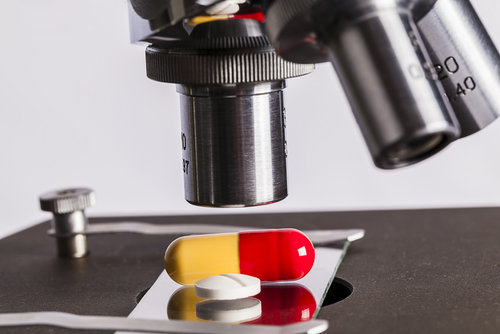A research team from the Boston University School of Medicine, in collaboration with the Private medical office for Urology and Andrology in Germany, found that long-term finasteride therapy but not tamsulosin, worsens erectile function (ED) and reduces testosterone levels in men with benign prostatic hyperplasia (BPH). The study entitled “Finasteride, not tamsulosin, increases severity of erectile dysfunction and decreases testosterone levels in men with benign prostatic hyperplasia” was published in the journal Hormone Molecular Biology and Clinical Investigation.
BPH patients are treated with 5α-reductase inhibitors (5α-RIs) finasteride and dutasteride, to alleviate lower urinary tract symptoms. However, these patients experience undesirable sexual effects due to worsening ED and to a reduction in testosterone levels leading to hypogonadism. According to some investigators, the adverse effects on sexual function affects only a small percentage of treated patients, and are resolved with continuous treatment.
This study intended to clarify the severity and persistence of the adverse effects caused by 5α-RIs such as finasteride. The team studied a cohort of 470 men (47-68 years) treated with finasteride and a second cohort of 230 men (52-72 years) treated with alpha blocker tamsulosin for their BPH. For a period of 45 months both groups were assessed for improvement of BPH symptoms, had their plasma testosterone and prostate specific antigen levels measured, and answered the international index of erectile function (IIEF-EF) questionnaire.
The results revealed that men treated with finasteride, as opposed to tamasulosin, experienced a marked and significant gradual decrease in their erectile function and had a progressive decline in total testosterone levels.
Both finasteride and tamasuolosin have been proven useful in the treatment of lower urinary tract symptoms related to BPH. “However, 5α reductase inhibitors exert undesirable sexual side effects and, in some cases, these effects are persistent,” explained corresponding author Abdulmaged M. Traish in a news release. “Since sexual function is considered an integral part of overall health, it is important that physicians are aware of the adverse side effects of this class of drugs on human health in general and on sexual function in particular. Our study emphasized that the effect on erectile function is a serious concern and needs to be considered more carefully,” he concluded.

